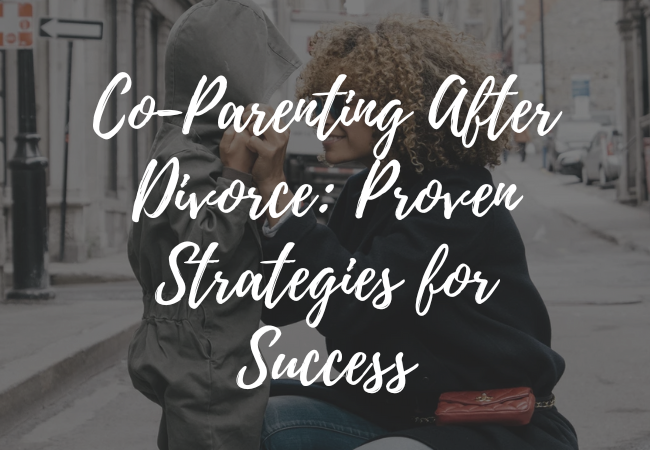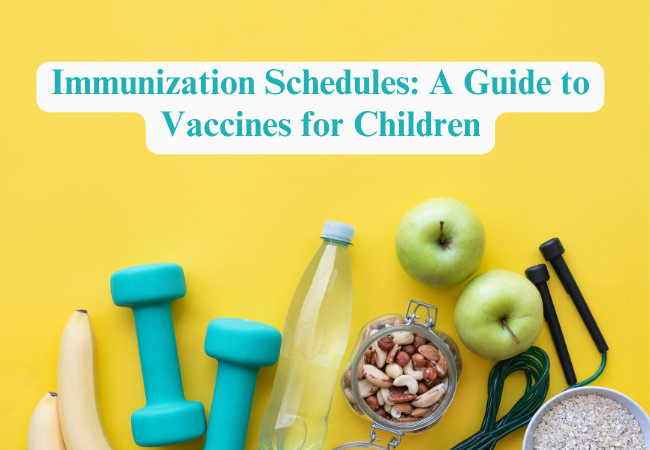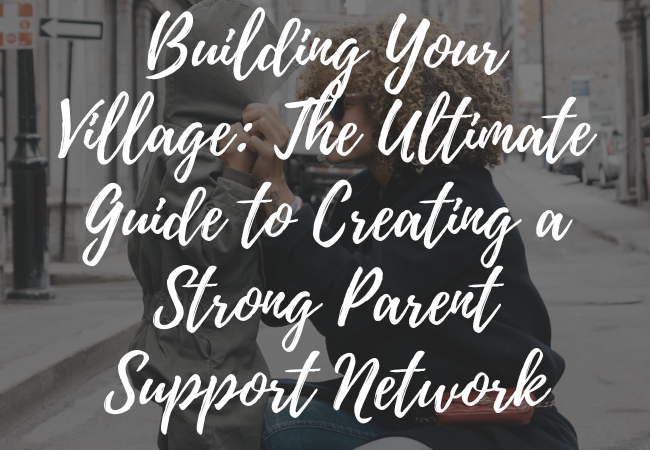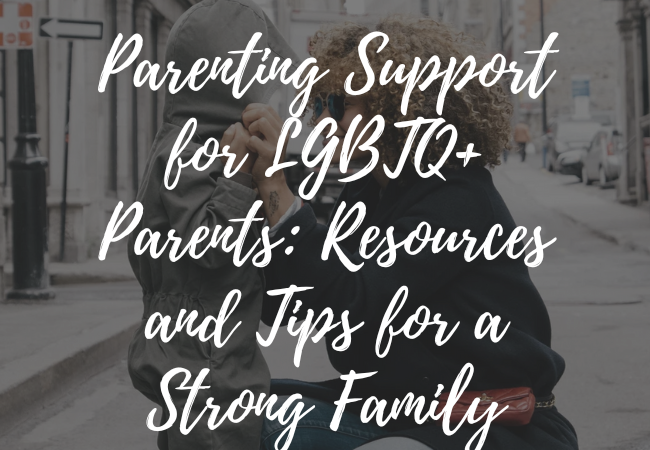Co-Parenting After Divorce : Proven Strategies for Success
Discover effective strategies for successful co-parenting after divorce. Learn how to navigate challenges, communicate effectively and ensure your children thrive in a shared parenting environment.
Divorce is tough, but it doesn’t have to mean the end of good parenting. Co-parenting after divorce can be challenging, but it’s also an opportunity to create a positive environment for your children. This guide will share practical tips and strategies to help you navigate co-parenting successfully. We’ll cover communication, setting boundaries and putting your children’s needs first. Whether you’re just starting your co-parenting journey or looking to improve your current situation, these proven strategies can help you and your children thrive.
Understanding Co-Parenting

What is Co-Parenting?
Co-parenting means working together with your ex-spouse to raise your children, even though you’re no longer a couple. It involves:
- Sharing responsibility for your children’s upbringing
- Making important decisions together about your children’s lives
- Putting your children’s needs before your own feelings about your ex
Why is Co-Parenting Important?
Successful co-parenting can have many benefits for your children:
- It helps them feel secure and loved by both parents
- It reduces stress and anxiety for children
- It teaches children how to solve problems and work together
- It allows children to have a healthy relationship with both parents
Key Strategies for Successful Co-Parenting
1. Focus on Communication
Good communication is the foundation of successful co-parenting. Here are some tips:
- Be clear and specific when sharing information
- Use a calm, neutral tone when talking to your ex
- Stick to topics about the children
- Choose the right communication method (in-person, phone, text, email)
For more tips on effective communication, check out The Gottman Institute’s communication guidelines.
2. Create a Consistent Parenting Plan
A solid parenting plan helps everyone know what to expect. Your plan should include:
- A clear schedule for when children will be with each parent
- Rules for both households (bedtimes, screen time, etc.)
- How you’ll handle holidays and special events
- How you’ll make important decisions about education, health and activities
3. Put Your Children First
Always remember that your children’s well-being is the top priority. This means:
- Keeping conflicts away from the children
- Not speaking negatively about your ex in front of the kids
- Encouraging your children’s relationship with the other parent
- Being flexible when it benefits your children
4. Set Clear Boundaries
Healthy boundaries can help reduce conflict and stress. Consider:
- Treating your co-parenting relationship like a business partnership
- Respecting each other’s privacy
- Being clear about what is and isn’t okay to discuss
- Sticking to agreed-upon schedules and rules
5. Be Consistent and Reliable
Consistency helps children feel secure. Try to:
- Follow through on commitments and plans
- Be on time for pickups and drop-offs
- Keep each other informed about changes in schedules
- Maintain similar rules and expectations in both homes
6. Use Technology to Your Advantage
There are many apps and tools designed to help with co-parenting. Some popular options include:
- OurFamilyWizard: For scheduling and communication
- 2Houses: For managing expenses and sharing information
- Talking Parents: For secure messaging and record keeping
7. Take Care of Yourself
You can’t be a good co-parent if you’re stressed and unhappy. Make sure to:
- Find healthy ways to manage stress (exercise, meditation, hobbies)
- Seek support from friends, family, or a therapist
- Take time for self-care and relaxation
8. Be Flexible and Willing to Compromise
Co-parenting requires give and take. Try to:
- Be open to changes when they benefit your children
- Look for win-win solutions to disagreements
- Be willing to adjust the parenting plan as your children’s needs change
9. Keep Learning and Growing
Co-parenting is a skill that can be improved over time. Consider:
- Reading books or articles about co-parenting
- Attending a co-parenting class or workshop
- Talking to other parents who have successfully co-parented
For more resources on co-parenting education, visit the Co-Parenting International website.
Handling Common Co-Parenting Challenges
Even with the best intentions, co-parenting can sometimes be difficult. Here are some common challenges and how to handle them:
1. Dealing with Different Parenting Styles
- Focus on major issues and let go of small differences
- Try to find common ground and compromise where possible
- Respect that there’s more than one way to be a good parent
2. Managing Emotions
- Give yourself time to heal from the divorce
- Find healthy outlets for your feelings (journaling, therapy, exercise)
- Keep your emotions in check when dealing with your ex
3. Navigating New Relationships
- Introduce new partners slowly and carefully
- Set clear boundaries about the role of new partners in your children’s lives
- Be respectful of your ex’s new relationships
4. Handling Financial Disagreements
- Be transparent about child-related expenses
- Consider using a shared expense tracking app
- Stick to court-ordered financial arrangements
5. Coping with High-Conflict Situations
- Use a neutral third party to help with communication if needed
- Stick to facts and avoid emotional language
- Consider working with a co-parenting counselor or mediator
For help with high-conflict co-parenting, the High Conflict Institute offers valuable resources and guidance.
Conclusion
Co-parenting after divorce isn’t always easy, but it’s one of the most important things you can do for your children. By focusing on communication, putting your children first and using the strategies we’ve discussed, you can create a positive co-parenting relationship. Remember, it’s okay to make mistakes – what’s important is that you keep trying and learning. With time and effort, you can provide your children with the love, support and stability they need to thrive.
Every family’s situation is unique, so don’t be afraid to adapt these strategies to fit your specific needs. The goal is to find what works best for you, your co-parent and most importantly, your children.
Do you have any co-parenting experiences or tips to share? What strategies have worked well for your family? Share your thoughts in the comments below – your insights could help other parents on their co-parenting journey!
For more parenting tips and guides, visit usaparentingtips.com






